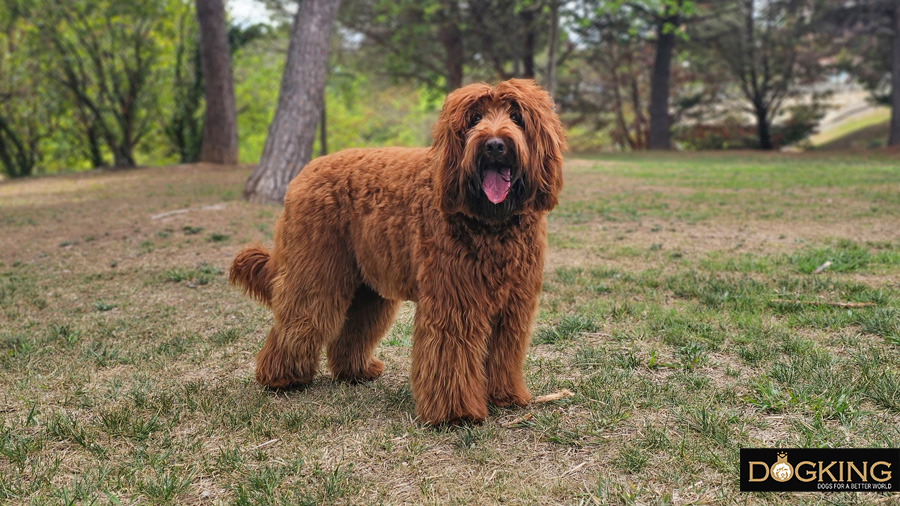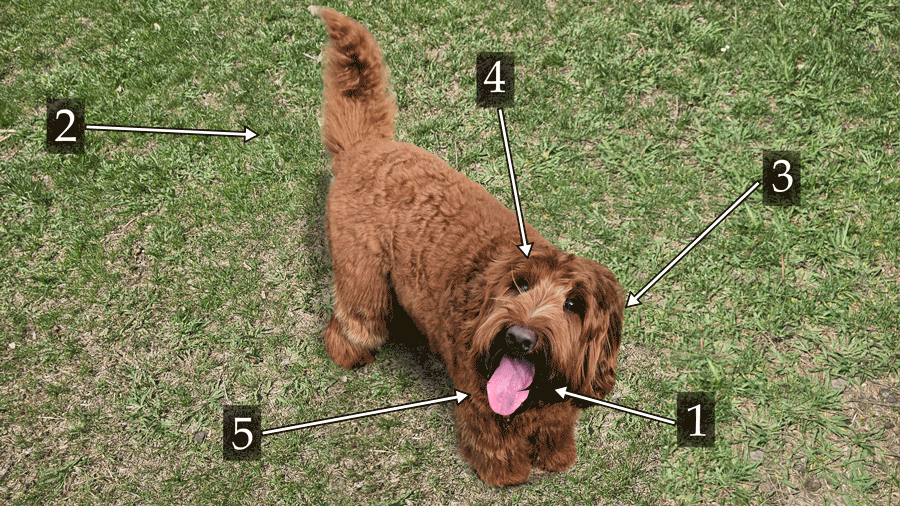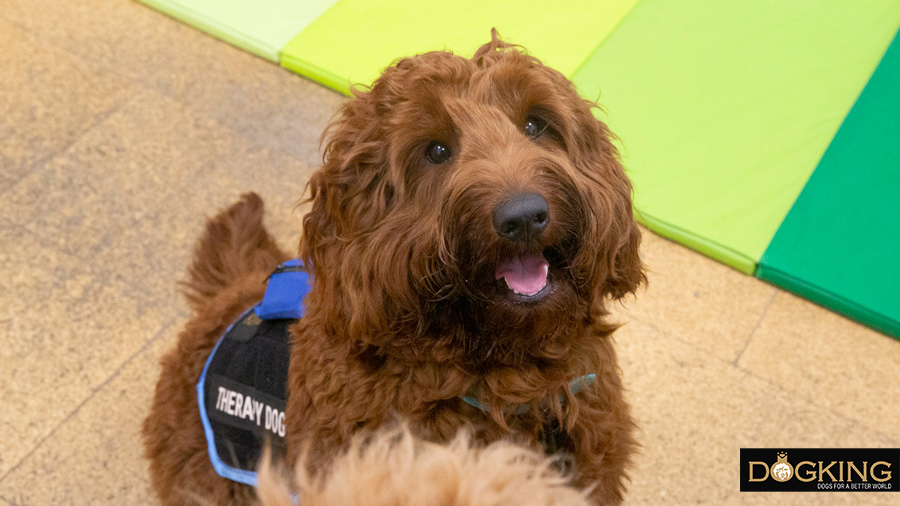Do dogs laugh?
We share laughter and smile among species

POSITIVE EMOTIONS IN DOGS
Reading time about 10 minutes
If we thought that humans were the only species with the habit of laughing, we were very wrong. Actually, dogs show their emotions in a much more similar way to us than it is commonly thought, with studies revealing how, when and why they laugh.

Table of contents
2- How to recognize your dog's laughter
3- The effects of canine laughter
Dogs laugh: truth or myth?
These are some of the questions that have been asked by researchers and scientists throughout history, and whose conclusions have led them to believe that the answer is yes. Indeed, dogs do laugh. Just as we can identify canine crying through moans, laughter can also be identified through both verbal and body language.
Konrad Lorenz, an expert in animal psychology and winner of the Nobel Prize in Medicine, was the first to undertake studies on the canine smile, arousing the curiosity of personalities such as Patricia Simonet, an ethologist at the American Sierra Nevada University. Thanks to her, it was discovered that when dogs played they made a peculiar sound as a result of the emotion they felt. She did this by setting up microphones in a park and recording vocalizations such as barking, growling, and what is now known as "social panting" or "canine laughter."
How to recognize your dog's laughter
Konrad and Simonet were able to determine the specific gestures and sounds involved. In fact, the ethologist's recordings revealed that when the dogs were in a group, especially in play situations, they produced a deep exhalation similar to common panting, but with peaks in its frequency and tone. So if you observe this sound together with the following gestures and facial expressions, it is very likely that your dog is laughing:

1- Mouth open from ear to ear, showing the tongue and in some cases the teeth
2- Tail wagging
3- Ears backwards
4- Relaxed eyes
5- Tongue sticking out
When do dogs laugh?
Canine laughter and all the gestures, sounds, and expressions that accompany it usually appear in situations of emotion and fun for our dog, especially if they are shared with other dogs. It is for this reason that moments such as playing or taking a walk are usually those in which we most appreciate this social panting. However, it may also appear when a dog plays a joke on another one or "teases" it, with a greater sense of humour becoming visible the more intelligent the dog in question is.
The effects of canine laughter

The dog-to-dog impact
As soon as the recordings were played, everyone immediately kept quiet. They recognized this as the sound of other dogs playing when they heard their panting and something incredible was observed: the vast majority began to imitate the sound, adding to the playful mood of the dogs in the recording. In other words, they were “infected with laughter” to the extent that the negative mental states they were feeling improved. The fact of being caged and the lack of social interaction that this caused, deprived the dogs of meeting their needs. That is why, it is so important to socialize them from an early age.
All in all, this corroborated Simonet's hypothesis, confirming that not only do dogs laugh, but it also contributes to less barking and a reduction in stress and anxiety levels.
The dog-to-human impact
Canine laughter and humor haven't only become visible among dogs. Just as we humans have the ability to empathize with our four-legged friend, it is also able to put itself in our shoes. This would explain why there is an emotional bond between dog and owner, and all the unconditional love that goes with it. Therapy dogs are a real proof of the impact a dog's mood has on a person's state of mind. In fact, there hasn't been any session with dogs after that hasn't shown an improvement in the mood of patients. This is, in large part, thanks to the careful choice of the type of dog which is trained to do this work: the Australian Cobberdog. As dogs with higher than average levels of empathy and understanding for the emotions of others, they are particularly affectionate, sociable and emotionally intelligent. The joy, gratitude and kindness they offer make their contagious energy reach anyone who enjoys their company. So it should come as no surprise that this breed is the clearest evidence that the relationship between dog and person can be strengthened by good mood.
And if you still have any doubts about the possibility of your pet being able to laugh, the Australian Cobberdog is the ideal dog to verify it.
